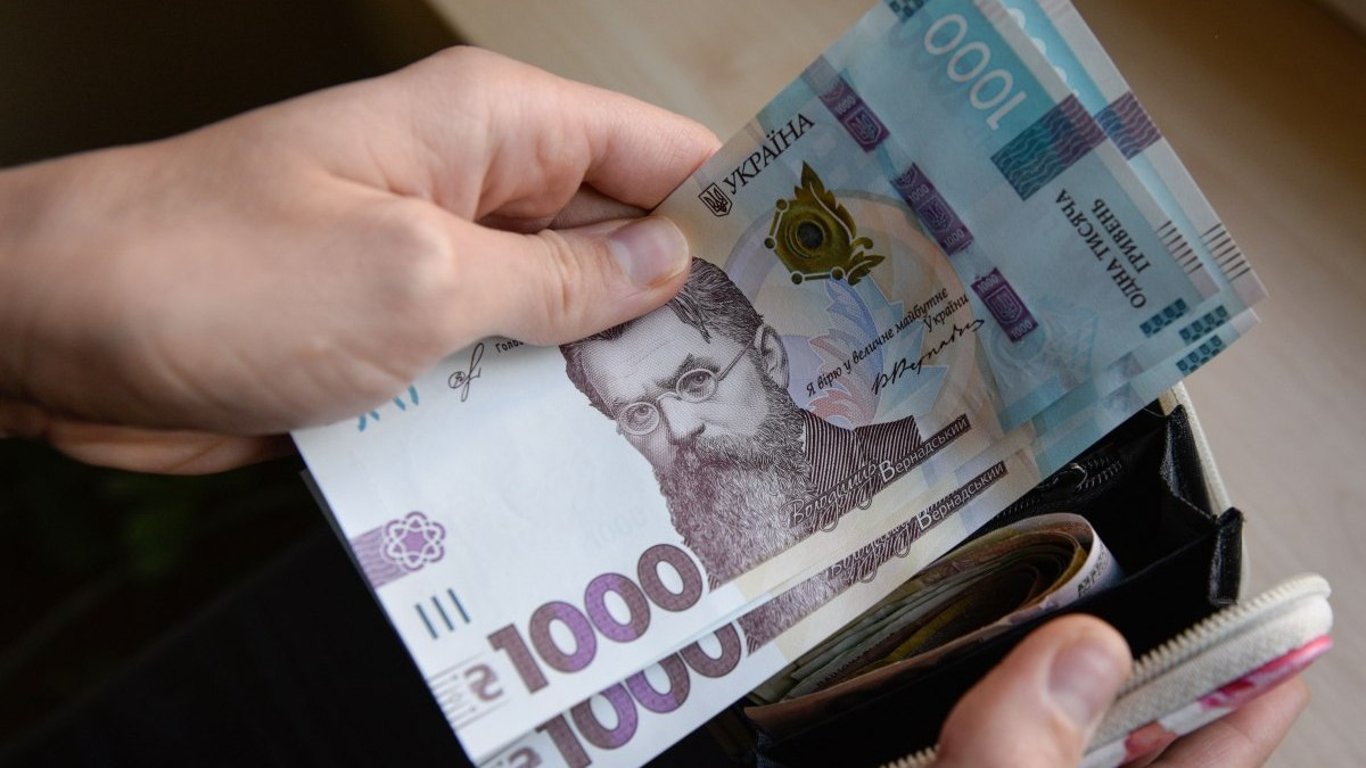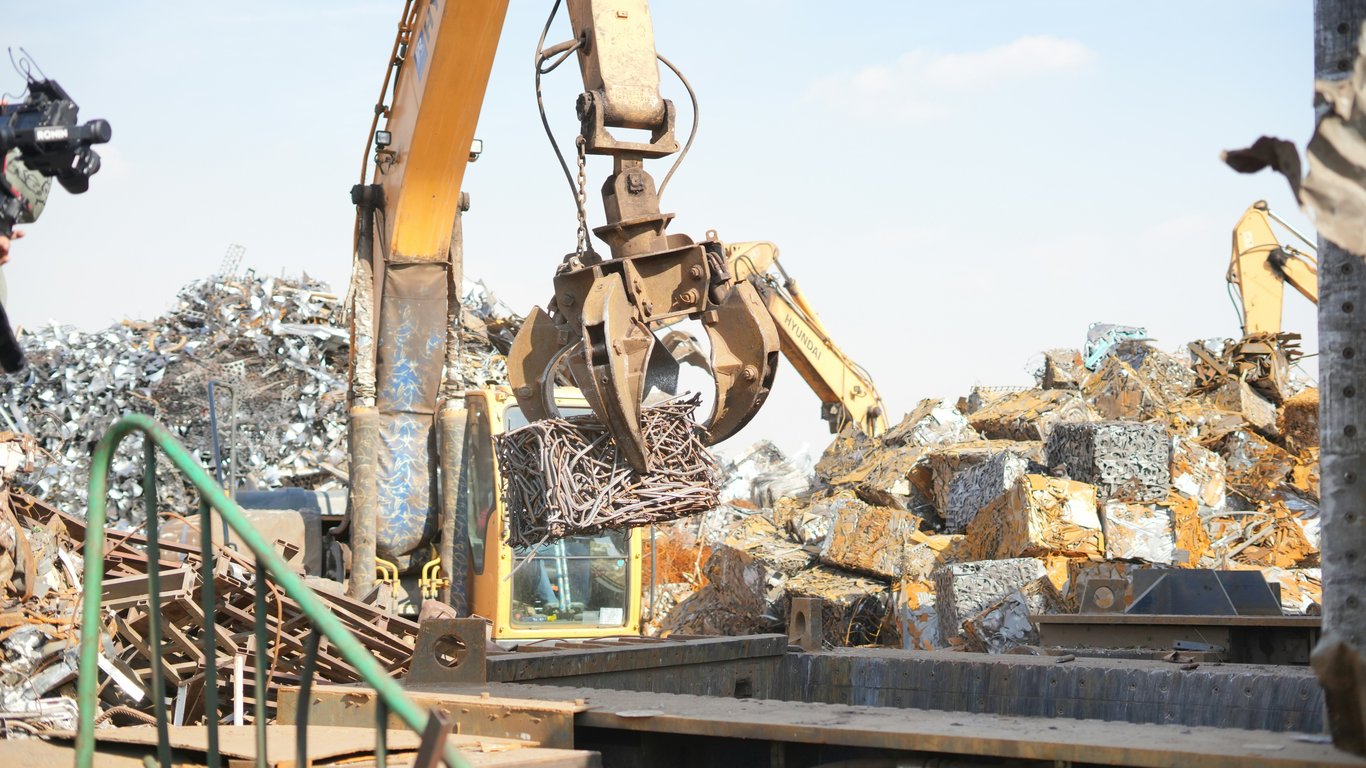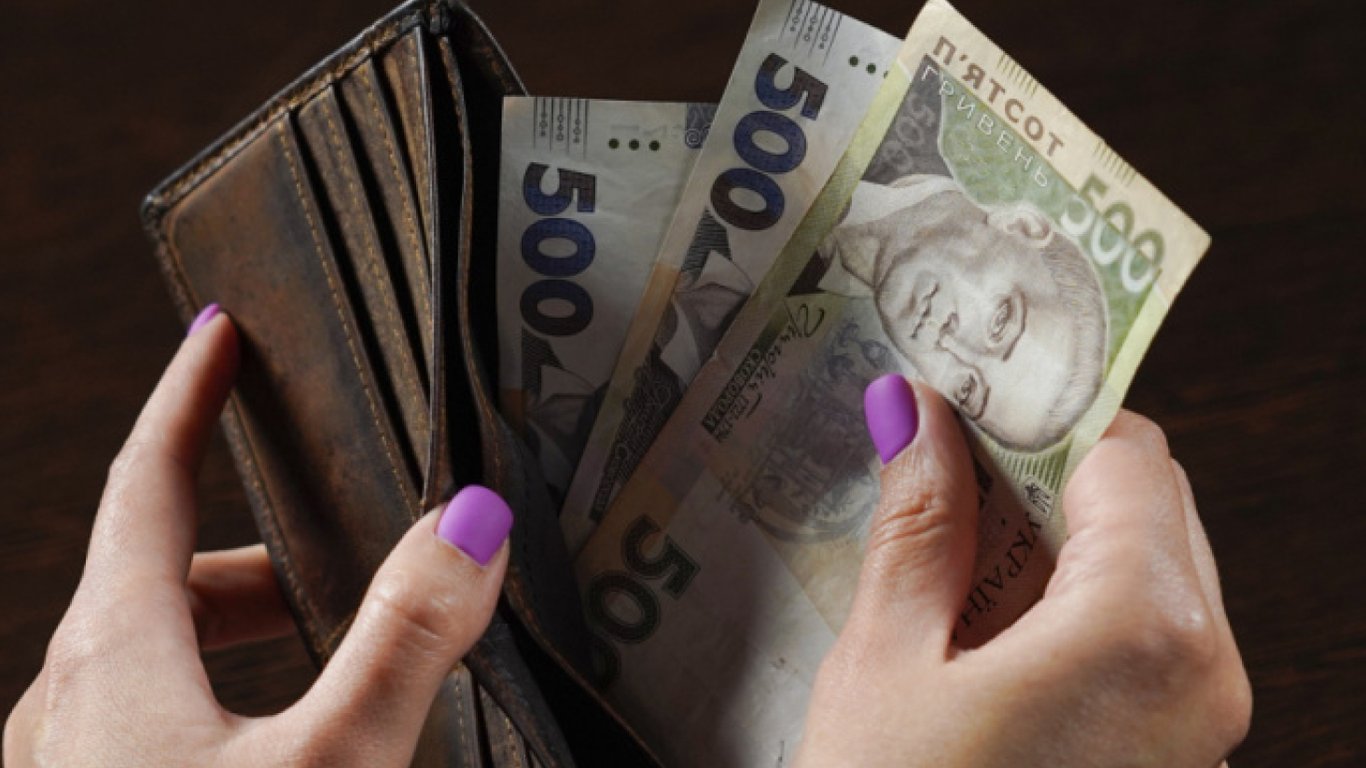Denomination: what it is in simple words.

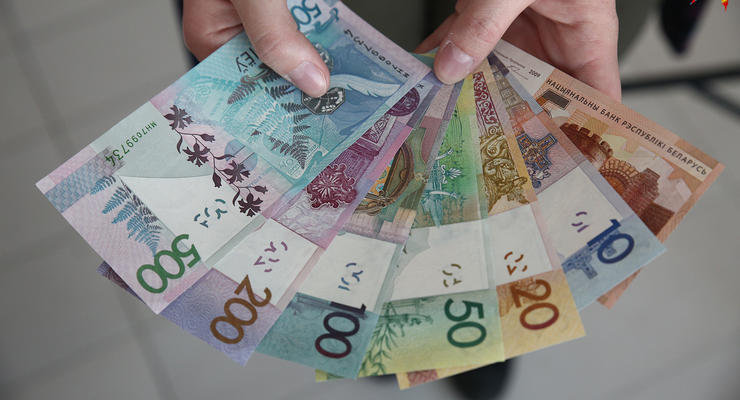
The economy of any country is a huge system that does not always operate perfectly, and it is often subject to various changes. When delving into this complex issue, one can certainly come across the question of what denomination is and what it is actually needed for.
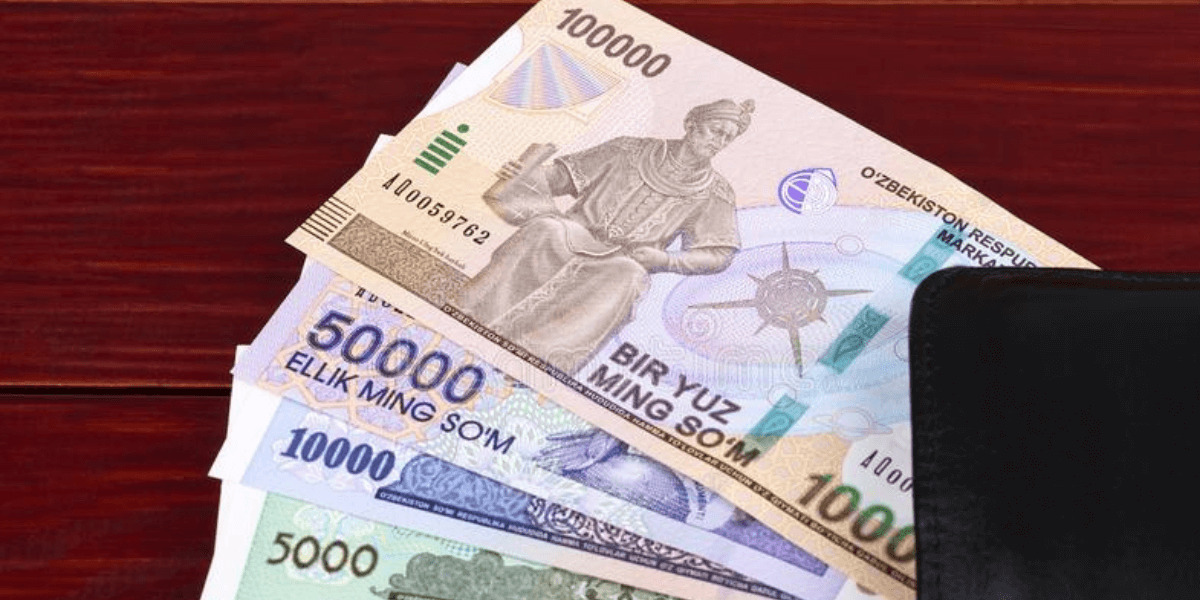
When studying the question of what denomination means in simple terms, it should be noted that it is related to the nominal value of a certain currency.
What is denomination?
A simple citizen of a country, for example, Ukraine, may rarely need to understand such a complex process. However, there are cases when it is necessary to urgently grasp what it is and how it works.
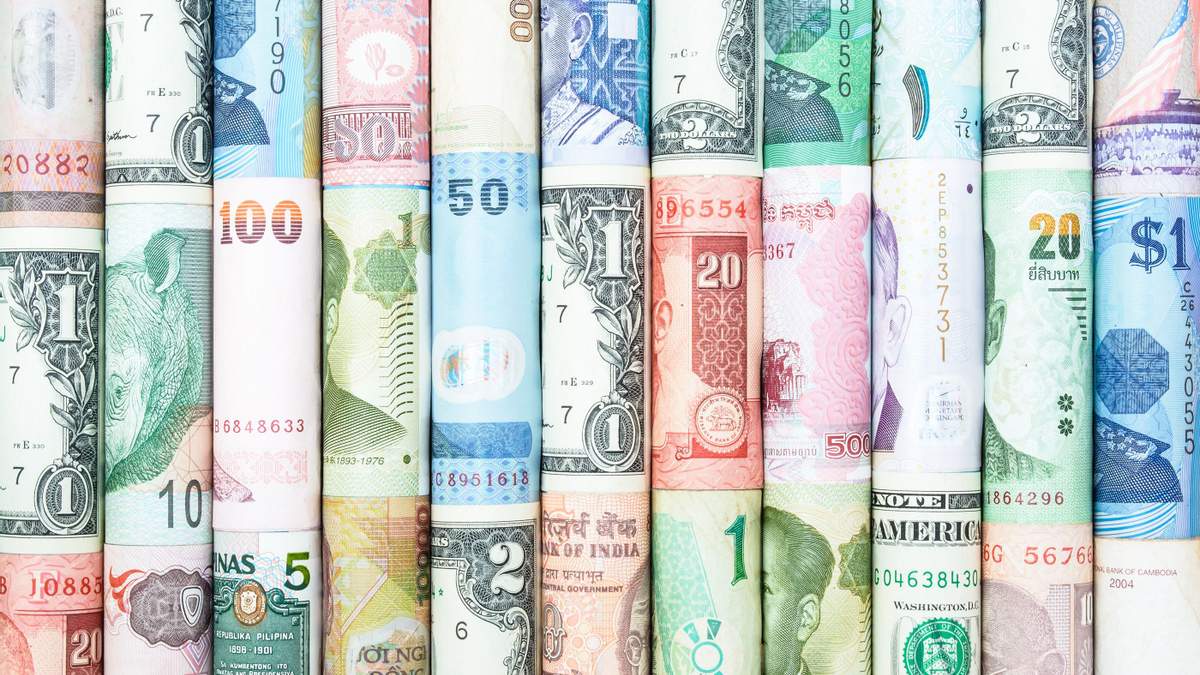
So, denomination is the process of changing the nominal value of a monetary unit, which may involve both a decrease and an increase in the value of the currency. Essentially, this is a change in the function of the currency, not the currency itself. That is, it is a financial instrument used to simplify monetary calculations and stabilize the economy.
To put it even more simply, denomination is the reevaluation of the national currency. The main goal of denomination is to change the nominal value of the currency without changing its actual value. This means that old money is replaced with new money of different denominations, but with the same overall purchasing power.
To simplify further, let's create a small example. Suppose there is an old currency of 1 unit (any national currency), which today is equal to 100 units of the new currency. As a result of the denomination, these 100 units will be replaced by 1 even newer unit.
What is the essence of the denomination process?
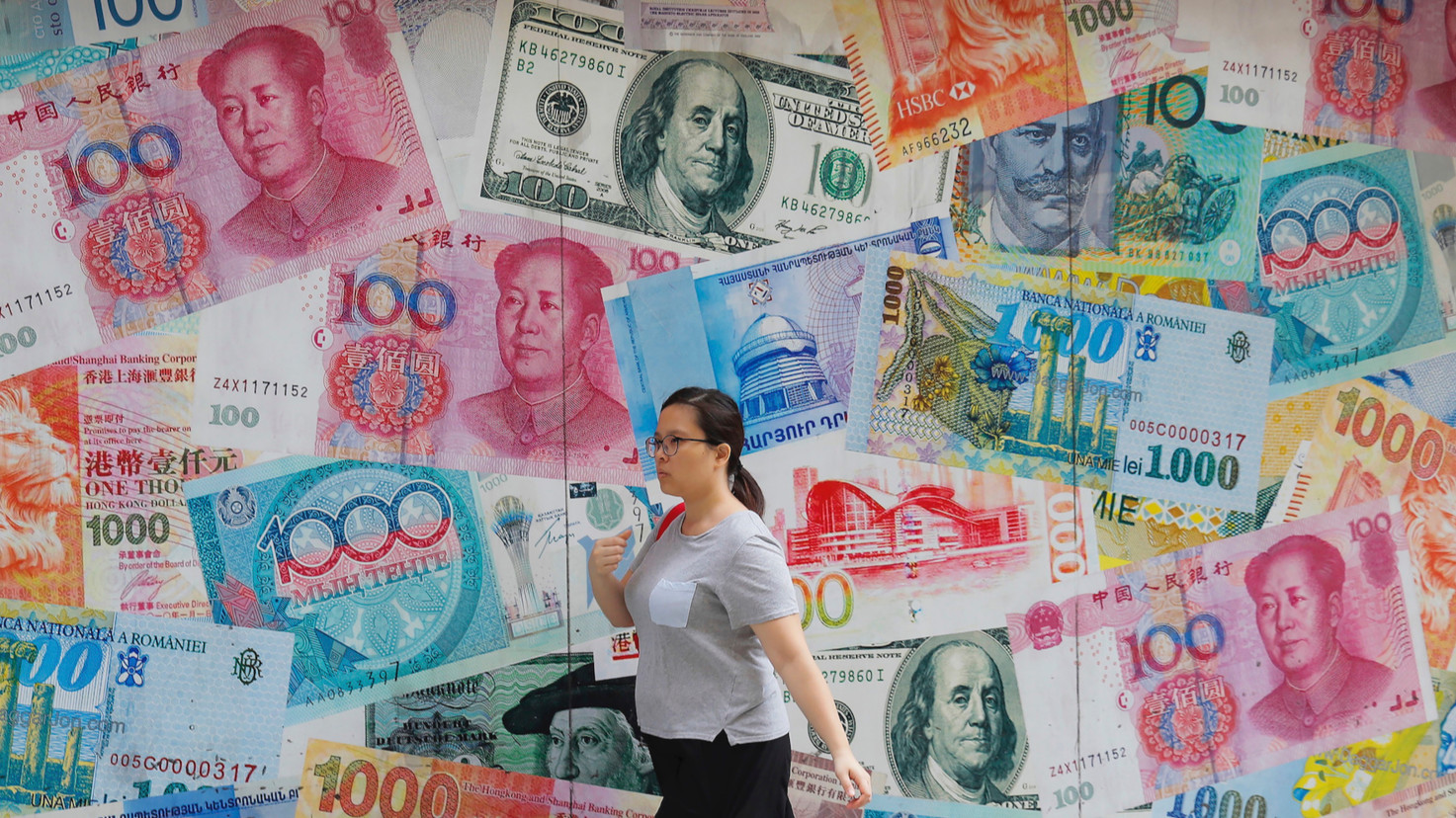
It should be said right away that denomination does not occur very often. There are several significant reasons for this:
-
When the nominal values of monetary units become too high due to inflation, calculations with large sums become inconvenient. Denomination helps simplify monetary transactions.
-
In countries with high inflation, denomination helps restore confidence in the currency and reduce financial tension.
-
The introduction of new banknotes and coins can help combat counterfeiting and improve the functionality of the monetary system.
In general, there are not many reasons for this process, and that's why the term itself is not sufficiently popular or understood.
How does it all happen?
The process itself is quite simple and divided into several stages. First, the government or central bank announces the upcoming denomination, explaining its reasons and details. This process must be official and open.
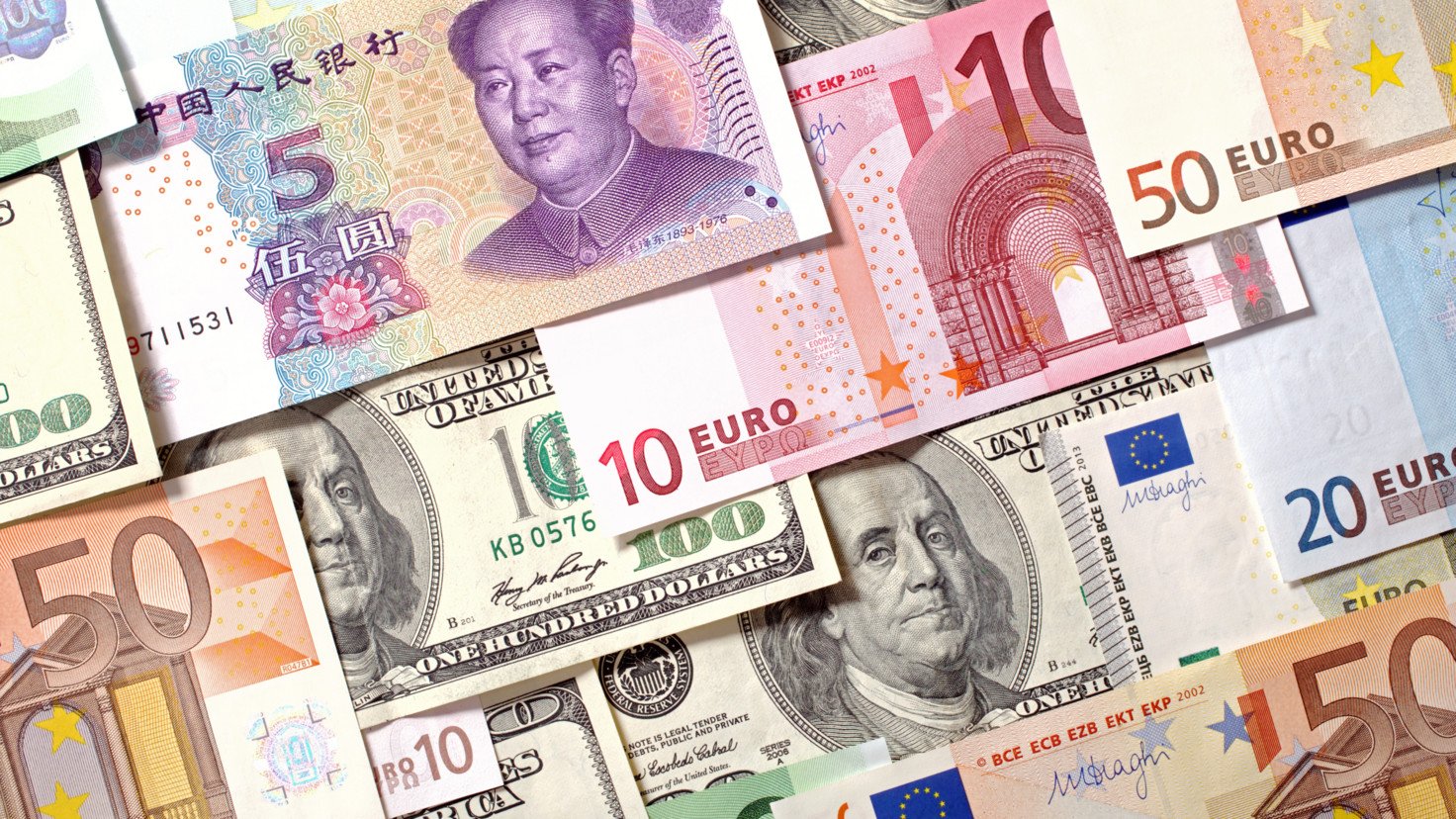
Next, the development of new monetary units inevitably occurs. New banknotes and coins are printed that will be used after the denomination. Old money is exchanged for new according to an established rate.
Immediately after this, a specific transitional period is established. During this Time, both the new and the old currency are still in the market. This is quite permissible. Gradually, during this time, the exchange of old bills for new ones takes place.
Afterwards, for logical reasons, the exchange closes. At the end of the transitional period, old monetary units are no longer accepted, and monetary circulation is carried out exclusively with new units.
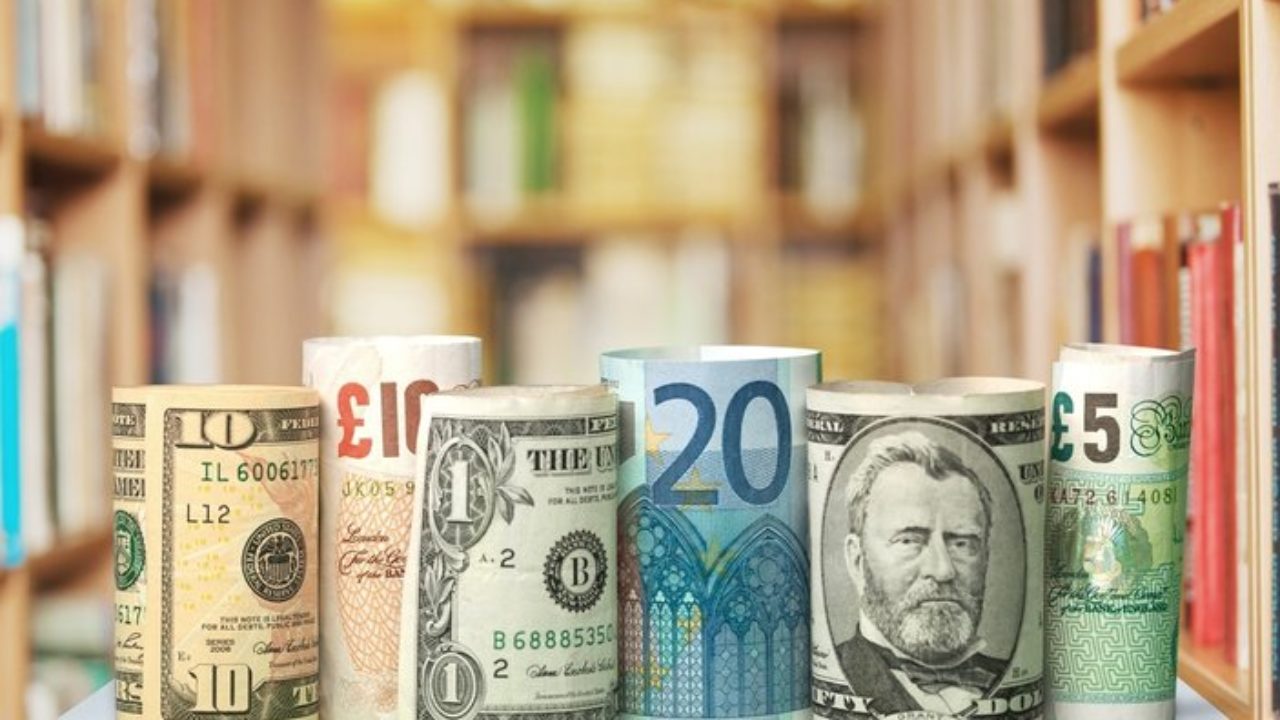
There have not been many such examples in the world, as usually denomination requires significant costs and many circumstances that must have occurred beforehand. A good example could be Germany immediately after World War I. At that time, the country experienced hyperinflation, which affected the situation within the country. As a result of the denomination, 1 new mark was equal to 1 trillion old marks.
A similar situation occurred in Turkey in 2005. At that time, 1 new Turkish lira was equal to 1 million old lira. This measure was aimed at stabilizing the economy and improving the monetary turnover.
Read also
- Leaped forward — how prices for apartments in Uzhhorod have soared
- New report for individual entrepreneurs - which document needs to be submitted and to whom
- Police Salary Structure — What It Consists Of in 2025
- Sell copper on OLX — what is happening with scrap prices in July
- The wallet is not holding—what products have risen in price the most
- Severance Payments for Employees — What to Consider in 2025


